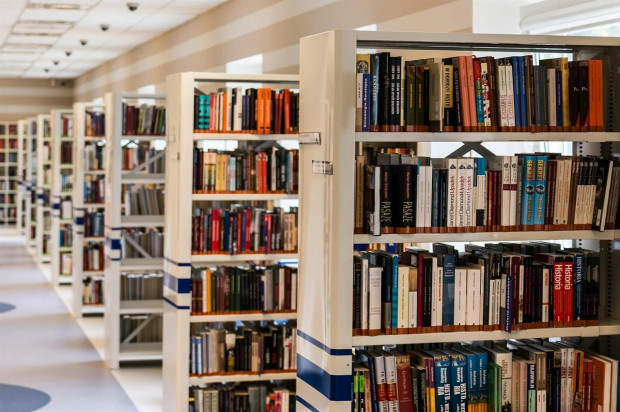How do students themselves evaluate distance learning?
A large portion of our universities’ youngest members can fully adapt to the realities of distance learning, although they do not always appreciate the activities of universities in these matters. They especially raise the issue of deteriorating quality of education in times of pandemic, suffer from a lack of direct relationships, and sometimes stress the difficulty of communicating with lecturers. Collaboration with the student government is of prime importance in this area. In recent months, despite the unfavorable situation, we have reformed the study programs, which were realized in full cooperation with the students. All of our faculty have done an outstanding job adapting our four fields of study and five disciplines programs to new needs and operating conditions. The faculty student government, operating more efficiently, has pledged to introduce first-year students into academic life for the pandemic. Special trainings were conducted (for example “Distance Learning Preparatory Classes” implemented on MS Teams platform), local government representatives participated in the organizational work on “Student Day in the First Year” under the leadership of the Vice Dean Prof. Katarzina Balbozi.
– The aforementioned lack of direct relationships as a problem in recent months applies not only to teaching, but also to contacting the institution of the former dean’s office. All this indicates a lot of difficulties – the question was, did we all handle it well …?
Undoubtedly, it was easier for the humanities – even compared to mathematics and the natural sciences – to switch to online mode. In the case of the professor’s department, in the current situation was it necessary to abandon some classes?
In fact, we have a certain advantage over the experimental directions, because the degree of practical training in history is very limited – for example, we do not have compulsory laboratories. Therefore, in the case of the College of History this is not the case, and all classes are conducted remotely. The only limitation, however, is professional training in two majors – teaching and archiving. However, it does require, at least in part, access to educational institutions or archives. It is true that there is a possibility to do these exercises from a distance, but now we are not allowed to say with a clear conscience that they are useful practices. Hope this is a short term issue. If the epidemic subsides a little and schools or archives can open, apprenticeships can be compensated or postponed.
The study of history also includes, apart from lectures and exercises, many inquiries regarding libraries and archives. In the current situation, there were also some difficulties in accessing library resources …
The biggest weakness of the current system is the problems of access to literature. Not only is the library system not adapted to the current epidemiological conditions, but it is generally based on printed books. It is true that both the university’s library and the libraries of individual faculty members buy a lot of materials – they operate primarily in electronic form – but this does not guarantee broad access, because not everything is published in this form.
The double closure of libraries, which we experienced (we are still witnessing it in part even today), has been the most stressful experience for humanity when it comes to distance learning. Moreover, the conduct of research, especially in the case of the humanities, with limited access to libraries and archives, has severely limited us.
This is the aspect of teaching and research that we have to work on all the time and search for satisfactory solutions. E-book widely available in Polish conditions is still a dream we strive for.
What other difficulties do researchers have to face – regardless of the possibility of conducting the research?
It is true that conferences or seminars are held remotely, so it can be considered that there is an exchange of ideas. However, here also there are the same issues that can be seen in classrooms with students. The message is in clear paper form, but it suffices only as a simple message, with a more relaxed discussion about the caller there are some limitations, and even big ones. There is also no exchange of “second degree” ideas, which in the past were behind the scenes of conferences and seminars, and which, unfortunately, humanists lack. A separate issue is research trips (for both staff and students) and domestic, especially international exchange – here the limitations are significant, and losses incurred as a result are likely to be irreparable. However, I hope that we will soon return to the reality we would like to see again.







